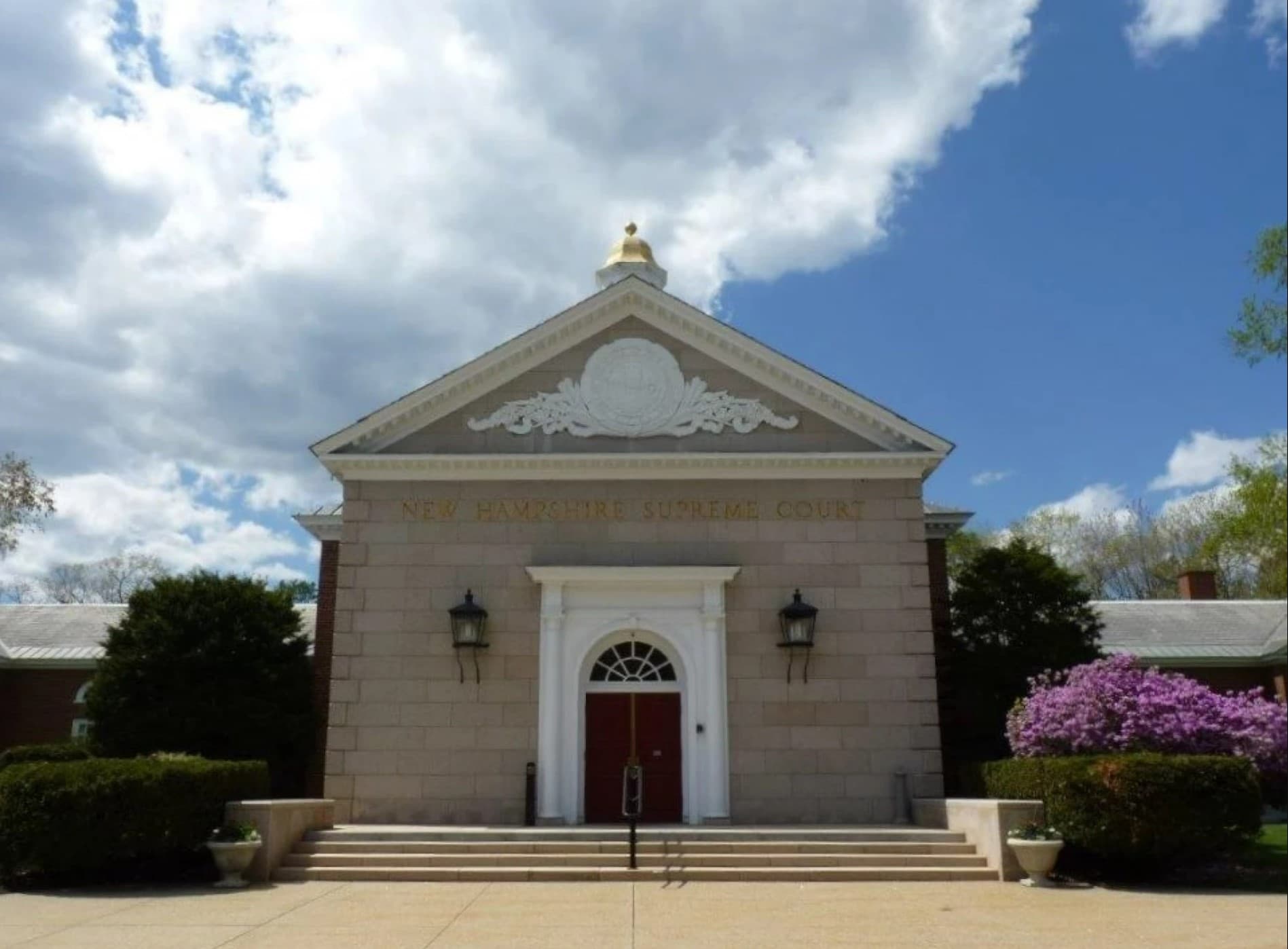Advertisement
Pamela Smart conspired with 4 teens to kill her husband. 32 years later she wants her life sentence reduced

During a spirited oral argument Tuesday morning before the New Hampshire Supreme Court, a lawyer for Pam Smart pleaded with justices to step in and order the Executive Council to give her request for a reduced sentence a more thorough review.
A lawyer for the state countered that the council is under no such obligation to consider her appeal at length, calling commutation a chance to offer “mercy” for an incarcerated person, not a new chance at “justice.”
Smart, described by her attorney Mark Sisti as “perhaps the most notable criminal defendant in New Hampshire history,” was found guilty in 1991 of conspiring to have her husband killed. Four teenagers, including one in a sexual relationship with Pam Smart at the time, carried out the slaying. She was sentenced to life in prison without parole. The four co-defendants, who were also found guilty, have since been released.
Smart’s latest appeal for a reduced sentence stressed her behavior during more than three decades in prison, as well as her academic accomplishments during that time. But that request for a commutation hearing was summarily dismissed by the Executive Council, with less than three minutes of discussion.

That prompted Sisti to file an appeal, arguing that given the length of her sentence, the councilors are required to give Smart’s request for a hearing due process, and that an elected official’s own opinions on the case should be outweighed by a clear set of standards.
“We have to break the chain of politics, and the only way I can do that, and the only way Pam Smart can do that, is to come before a panel that isn’t burdened with politics,” Sisti told the court.
Lawyers for the state countered that Smart has been afforded numerous appeals through the judicial system, and that her commutation request isn’t governed by the same rules that apply to other legal hearings.
“This is not about justice; this is about mercy,” Laura Lombardi, an attorney for the New Hampshire Department of Justice, told justices. “The petitioner received all the justice to which she was entitled through the criminal proceedings.”
Advertisement
Justices Gary Hicks and James Bassett appeared skeptical of Sisti’s argument that Smart’s request deserves a more thorough review, noting that there is no law or regulation that spells out how the Executive Council should decide matters of commutation.
“You can’t point to anything to say: This is what they were supposed to do, this is what they were supposed to do, and they didn’t do it,” Bassett said from the bench.
During his final remarks, Sisti argued that the New Hampshire Constitution provides an outlet for those convicted of life sentences without parole, and that to disregard that process unfairly denies those prisoners of any chance at redemption.
“I’m asking that you give Pam Smart, give Pam Smart that little inkling, that little crack in the door, where she can have hope,” said Sisti.
This story is a production of the New England News Collaborative. It was originally published by NHPR.